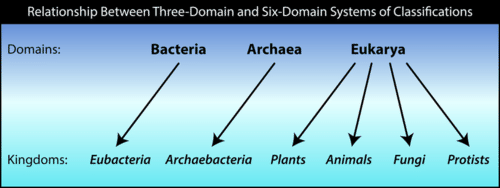Domain Bacteria Definition Biology
In biological taxonomy a domain d ə ˈ m eɪ n or d oʊ ˈ m eɪ n latin.
Domain bacteria definition biology. According to this system the tree of life consists of three domains. That is they acquire their food from organic matter. Comparing rrna structure is especially useful.
In biology a domain refers to the largest of all groups in the classification of life. Prokaryotic cells are single celled organism which is devoid of the nucleus membrane bound cell organelles such as mitochondria golgi bodies etc. The largest number of bacteria are saprobic meaning that they feed on dead or decaying organic matter.
Bacteria are single celled microorganisms with prokaryotic cells which are single cells that do not have organelles or a true nucleus and are less complex than eukaryotic cells. However bacteria are essential to life as some are part of the human microbiota. Domain bacteria definition domain bacteria include commonly occurring prokaryotes in nature.
Bacteria are classified under the bacteria domain. These organisms are generally feared because some are pathogenic and capable of causing disease. A bacteria is any unicellular prokaryote that is not a member of the domain archaea.
Domain bacteria includes the prokaryotes people encounter on an everyday basis. Let s define what constitutes a member of the domain bacteria. Most bacterial species are heterotrophic.
Each domain contains a collection of organisms with similar properties and evolutionary histories as scientists have organized them. Bacteria are prokaryotes that have a membrane less nucleus and lack many cell organelles which make them simple in structure and function. There are currently 3 agreed groups at this level the archaea domain bacteria domain and eukarya domain.
